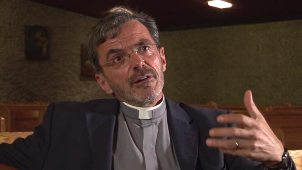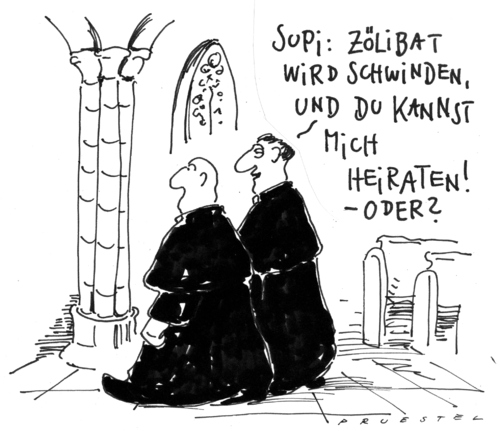
I am revising my first book, The Church Impotent, and I am including a new section on the struggle with masculinity that Jews have had in the modern world. For two millennia the Torah scholar was the ideal Jewish man; his exercise was not physical but mental. After the Fall of Jerusalem rabbis regarded sports, especially violent sports, as goyim naches, the games Gentiles play, things which if not forbidden by the law were still felt to be foreign and perhaps despicable. Sports were at best bitul Torah, a waste of time that should be spent studying Torah.
When Jews came to the United States, they were immersed in the American sports culture. Jewish boys born in the United States wanted to fit in, but their parents were unsympathetic, and those who wanted to be athletes discovered that Jewish law made it difficult to compete in sports: Saturday games and a non-kosher training tables were the biggest problems. The Law indeed was designed to keep the Jews from becoming like all other nations, but Jewish males felt they could not be recognized as real men, either by themselves or by the Gentile world, if they did not become part of the sports culture.
The problem has led to endless disputes among Jews about the proper role of exercise and sports in Jewish life. The desire of men to be masculine is a strong competitor to the desire to remain a Jew, and many chose masculinity rather than Judaism. Among those who wished to remain loyal to Judaism while pursuing athleticism had to battle many obstacles. Jeffrey Gurock, a professor at Yeshiva and an athlete, has written a informative, funny, and moving book on the struggle: Judaism’s Encounter with American Sports. He begins with the Maccabees’ rejection of the Greek gymnasium and ends with the New York marathon.
A sample:
Growing up, Abe Gerchik, who in his parents’ opinion spent too much time playing ball in the streets of Brooklyn, “thought his first name was ‘get a job’ and his last name ‘bum’ because his mother always used to say to this budding athlete ‘get a job, bum.’”
Of himself:
Does my passion for sports ever face off against Judaism’s religious teachings? Rather than conflicting with faith, athletic participation enhances me spiritually. The prophet Isaiah’s runners’ creed always moves me:
Even the youths shall faint and be weary, and the young men shall utterly fall. But they who wait for the Lord shall renew their strength. They shall mount up with wings as eagles. They shall run and not be weary. They shall walk and not faint.
It is fitting that this particular prophetic portion is read in synagogues the week before or after the New York City Marathon. Here, Judaism and sports’ calendars surely intersect. I also encounter the Almighty up close and personal at the starting line of an arduous race when I confidently “entrust my spirit…as long as my soul is in my body. The Lord is with me, I am not afraid.”
I believe that even if sports has not made me a more observant Jew, my deep devotion to athleticism has certainly bonded me closer to my Creator.
The struggle that Jews have engaged in to keep loyal to the Law, even what Christians regard as the ceremonial precepts, is extraordinary and humbling for a Christian to observe. Too many Christians compromise the ethical demands of the Law, while Jews will often do their best to keep even the ceremonial Law.
Uniting body and soul in demanding physical activities is also rare, and one of the reasons men distance themselves from religion. Not everyone can be an athlete, but Christianity can become too cerebral, a matter of words rather than actions. Physical intensity and challenge is something men desire, and like us goyim, Jewish males feel the same pull.







